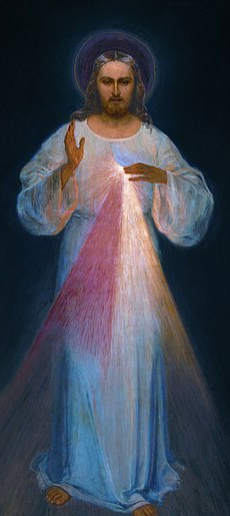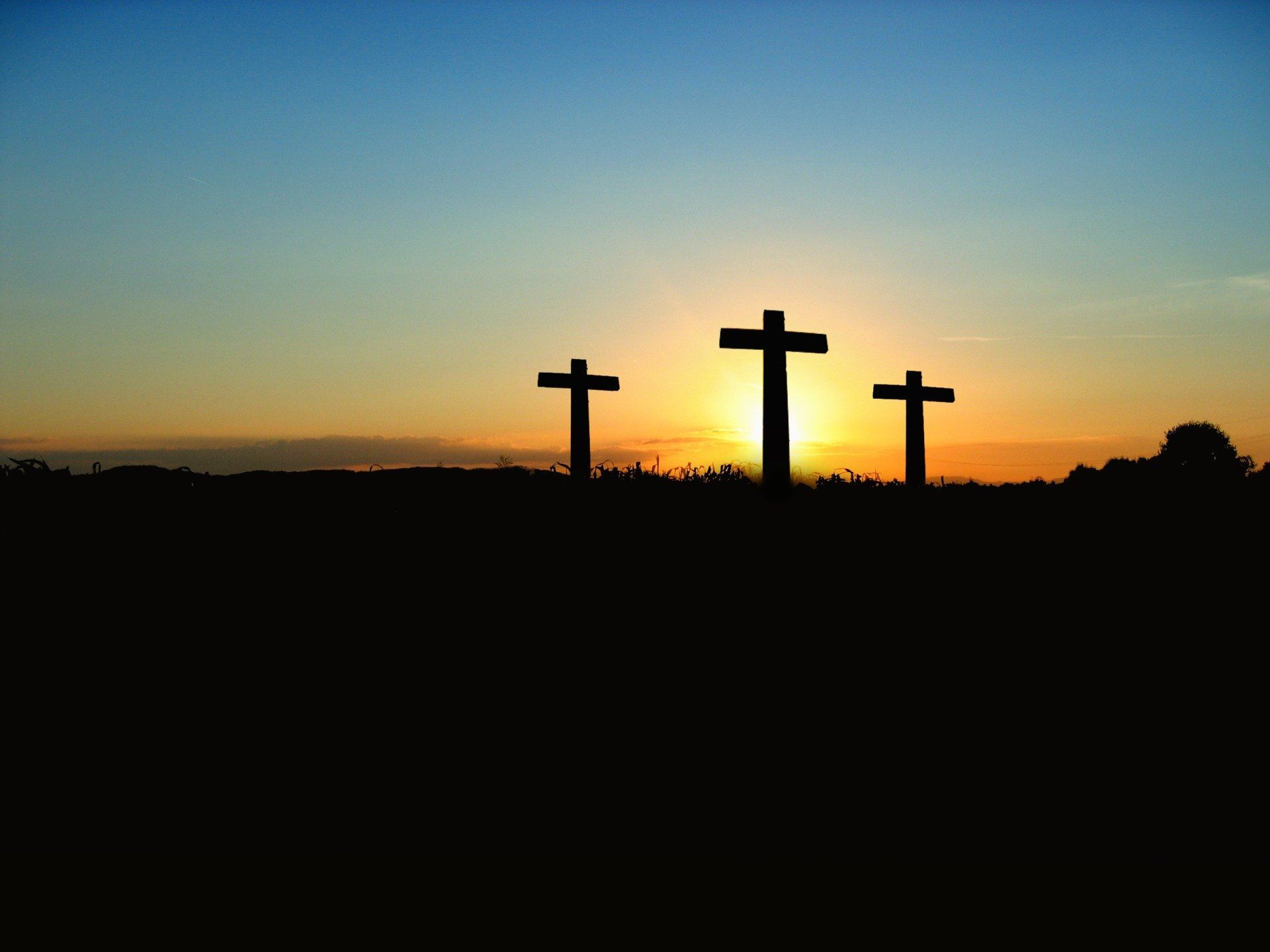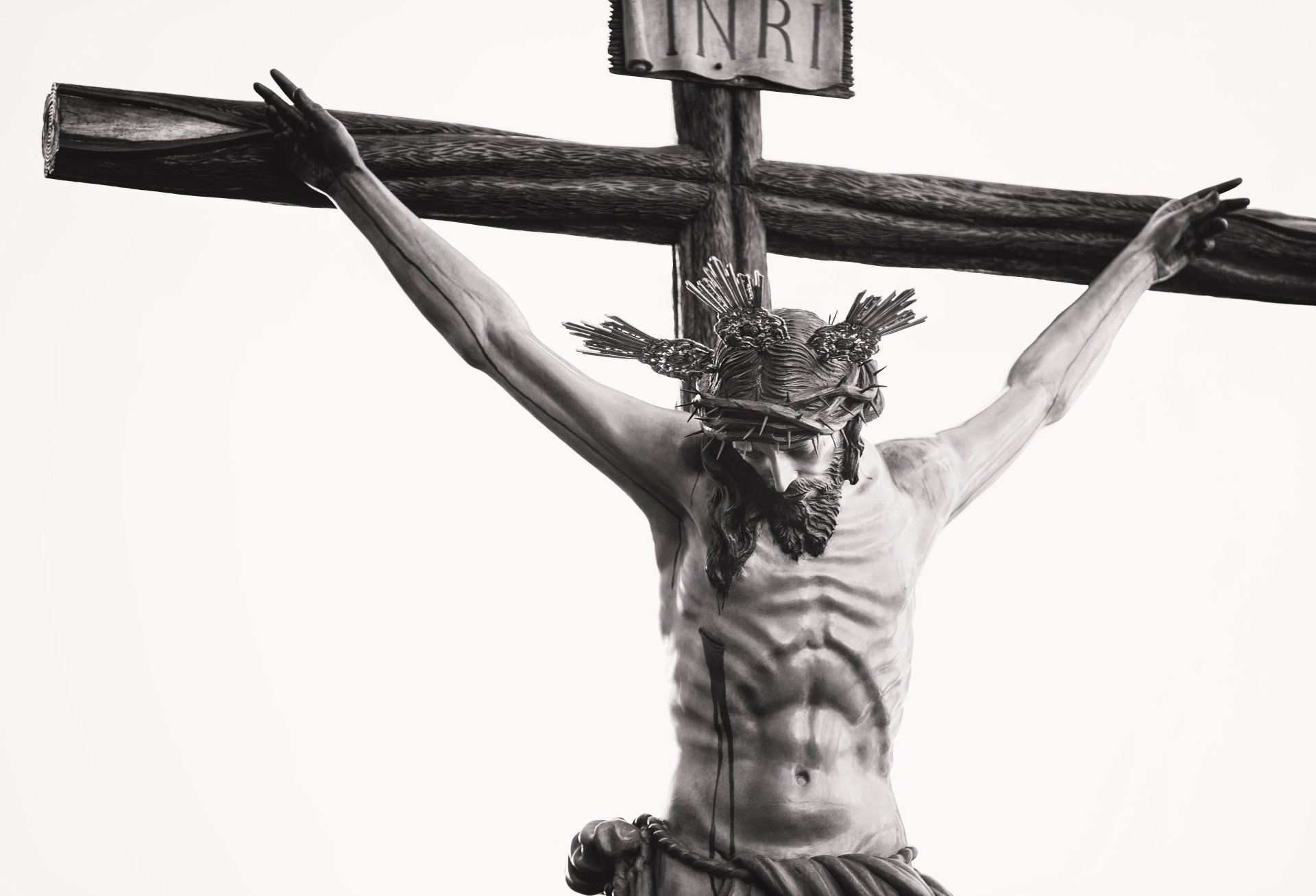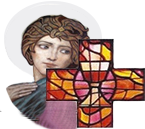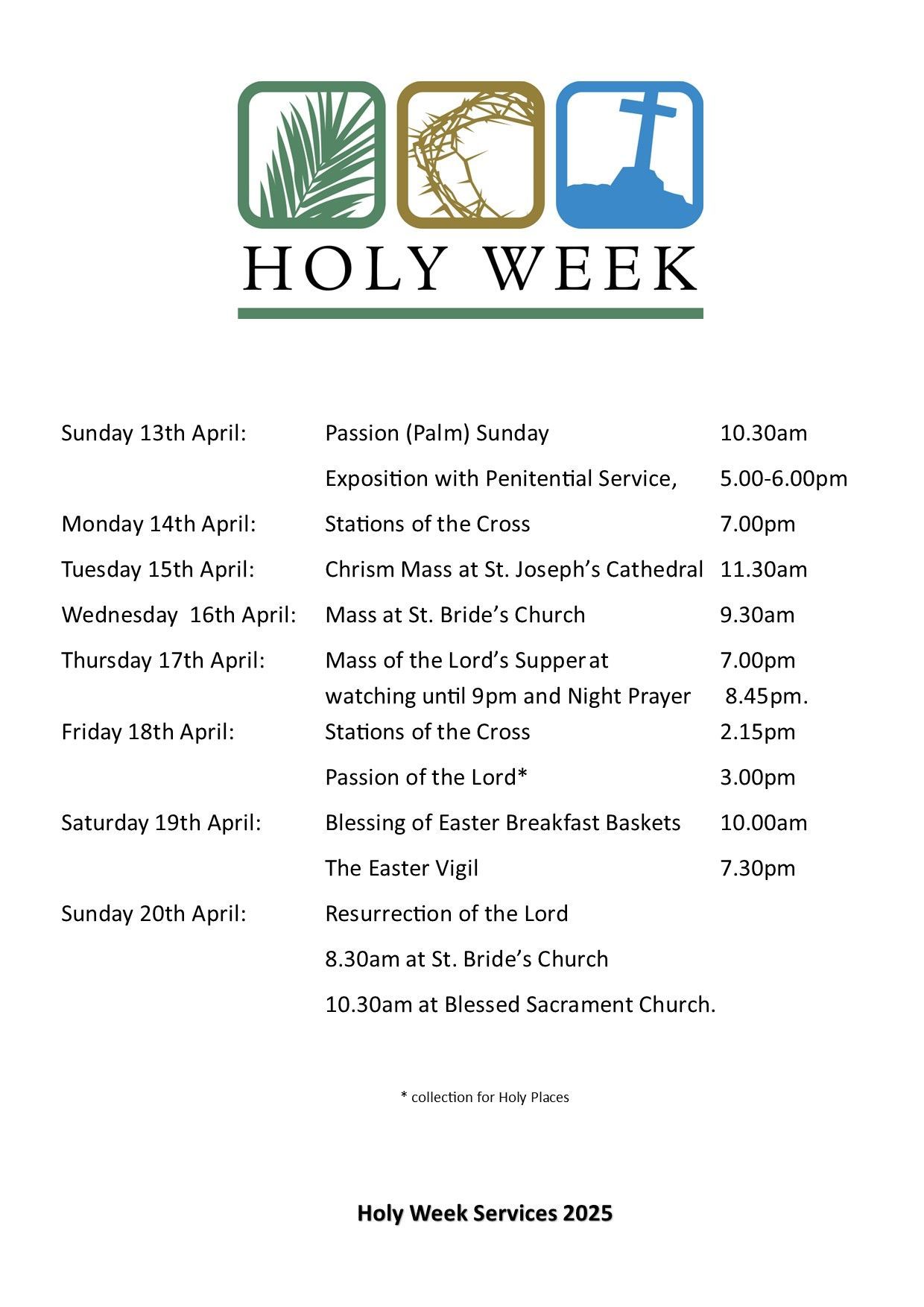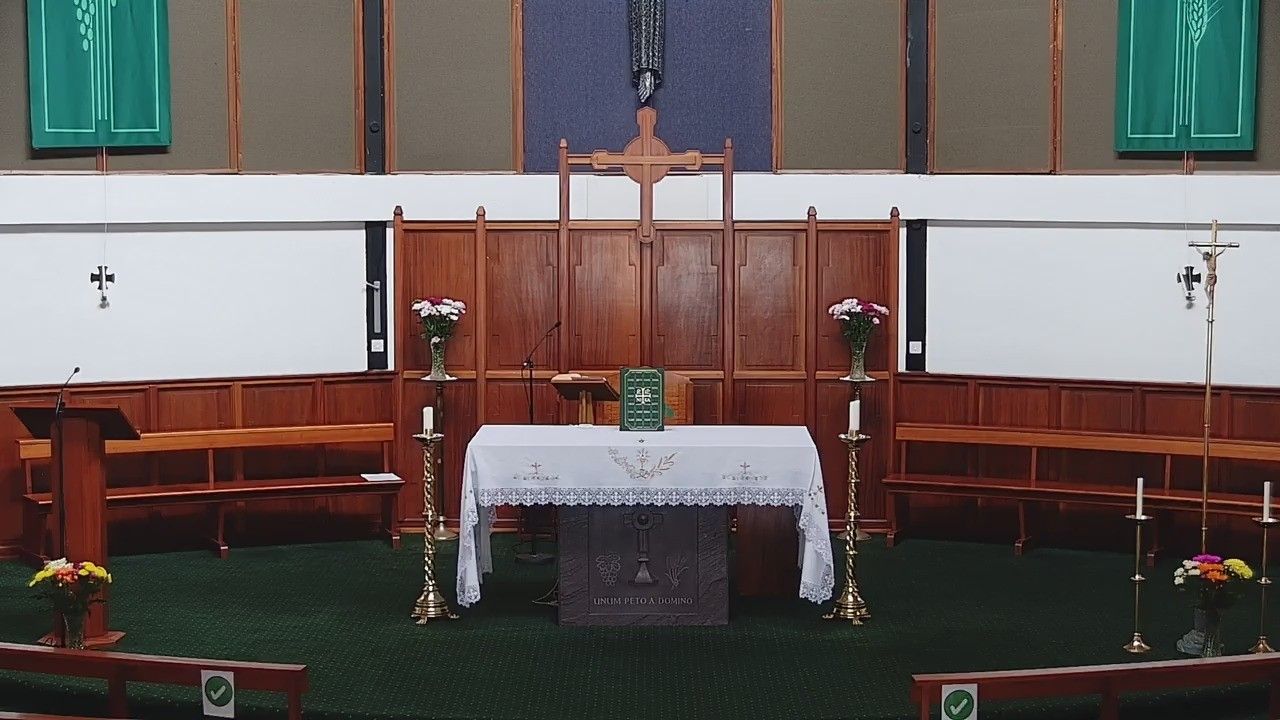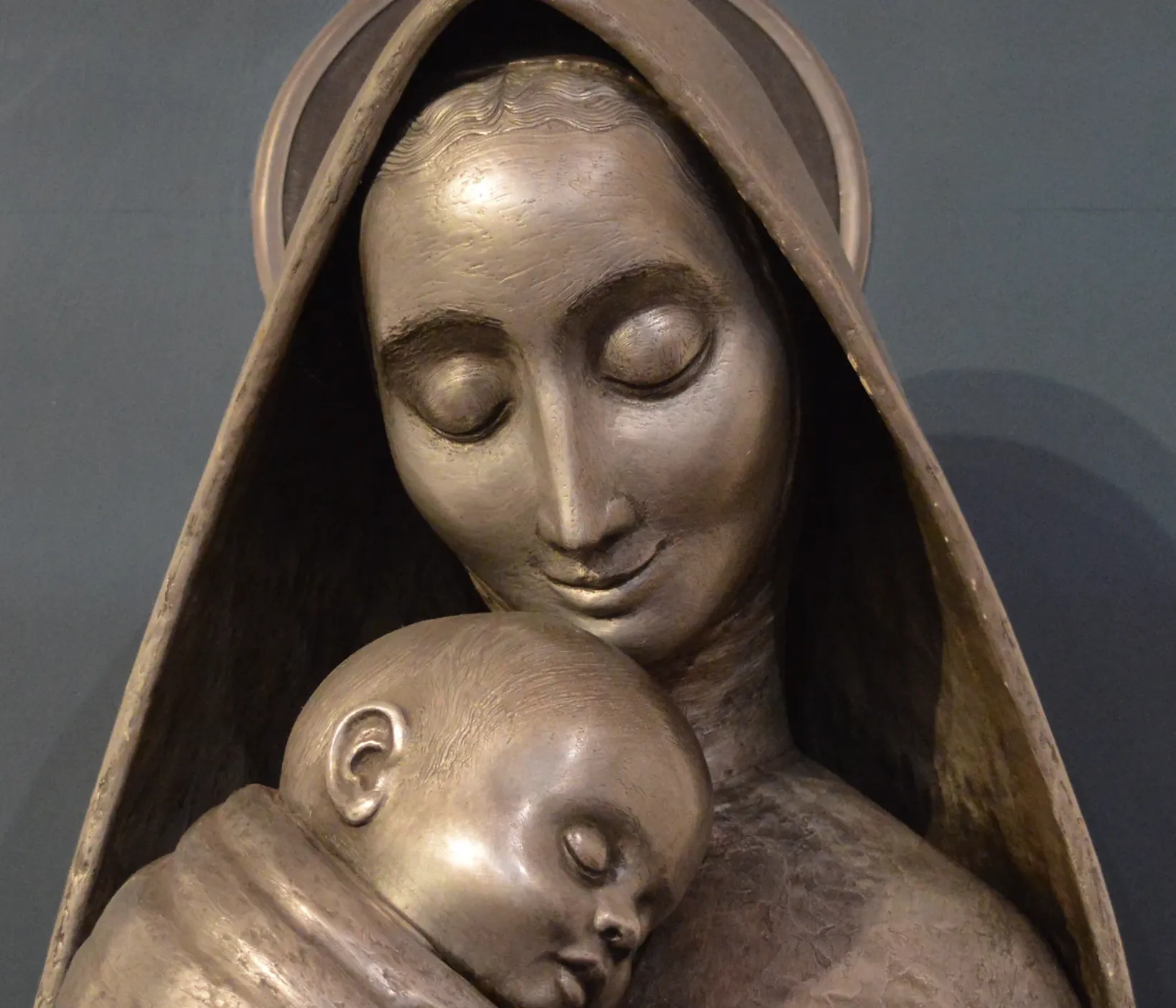Reflection - Pilgrim’s Progress: Life as Journey
The years of our life pass smoothly by, each one seeming shorter than the last. We are on a journey from youth to age, from the cradle to the grave. In his dream-like poem, The Lotus Eaters, Alfred Tennyson describes a sense of weary resignation, one option we might take, in face of the passing years:
“Let us alone. Time driveth onward fast,
And in a little while our lips are dumb.
Let us alone. What is it that will last?
All things are taken from us, and become
Portions and parcels of the dreadful past.”
Through eyes of faith, the passing of the years looks somewhat different. We believe our journey is going somewhere: instead of simply terminating with death (full stop, finis), we will emerge into the life of heaven (welcome, transition into God’s presence.) We are pilgrims, like Abraham, moving toward the land of promise. Like St Paul, we try to deal with the problems and setbacks along the way, with the help of the Lord. And in the end, if we are faithful, we will share the total joy of joining Christ in glory, as the reward of life’s pilgrimage.
Pilgrim’s Progress: In our many journeys today (the age of mobility) we tend to move around a lot, without showing much signs of spiritual progress; indeed, in that respect we often appear to be going backwards. Our goals and desires are short-term, narrow, superficial. Moved by a restless urge for money, for celebrity, novelty, success and pleasure, we go round in rapid circles. But the pilgrims’ sights are set on a higher destination, and like Martin Luther King they can say: “I have a dream!” However far-off and hard to reach this dream may be, it is worth more than all the short-term desires we follow. Each step on the journey takes on meaning in light of the goal God sets before us.
A personal, inward journey: Our whole life can be made a pilgrimage towards God. Just as he called Abraham, so he calls each of us to be his own. His call to us is quiet but insistent. Not exactly in the form of: “leave your country and your father’s house,” but “leave your old ways, the pride and selfishness, the hardness of heart, the angry temper, the envy and the falsehood. And go to the land I shall show.” The direction of our pilgrimage is not geographical but moral: “Go towards charity, purity, sharing in truth and prayer and good-will. Go in the way of the gospel. Go to heaven.’
Meaningful Living: Having God’s command, and submitting entirely to it, made Abraham the first great pilgrim. Henceforth all his activity took on the value of obedience to God; he was on the high road towards Yahweh, the living God. The same spirit would give the deepest meaning to our lives too. Far from being absurd or useless, the pilgrim’s efforts to follow the gospel of his Master are full of meaning. Progress along this way is the real formula for peace of mind. Augustine said it profoundly: You have made us for Yourself, o Lord; and our hearts can never be at rest, until they rest in You.
© Association of Catholic Priests Ireland.
